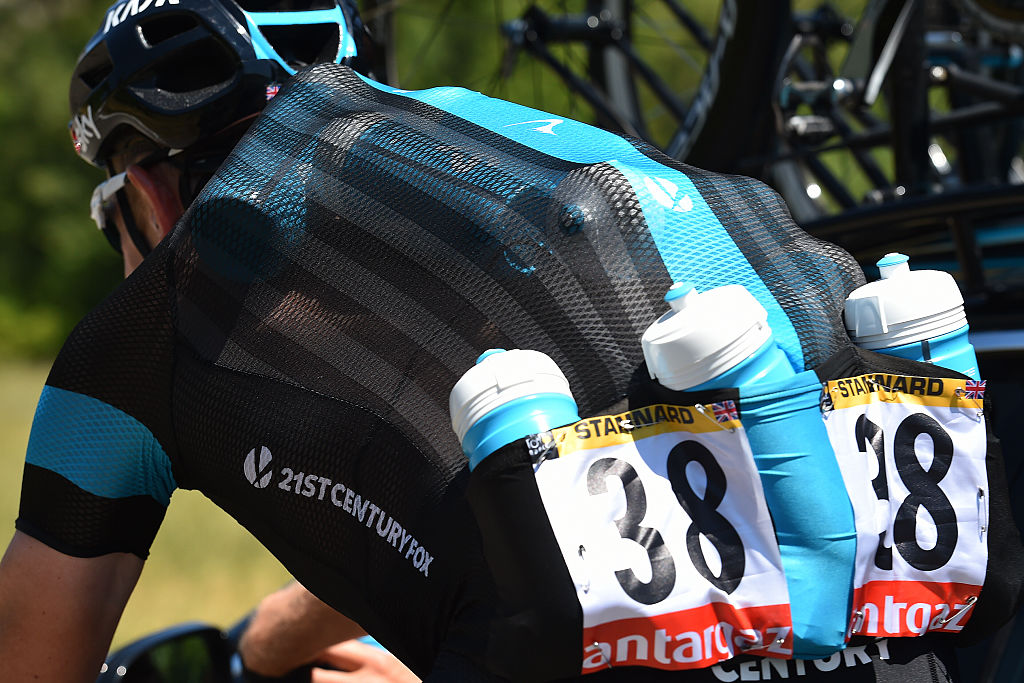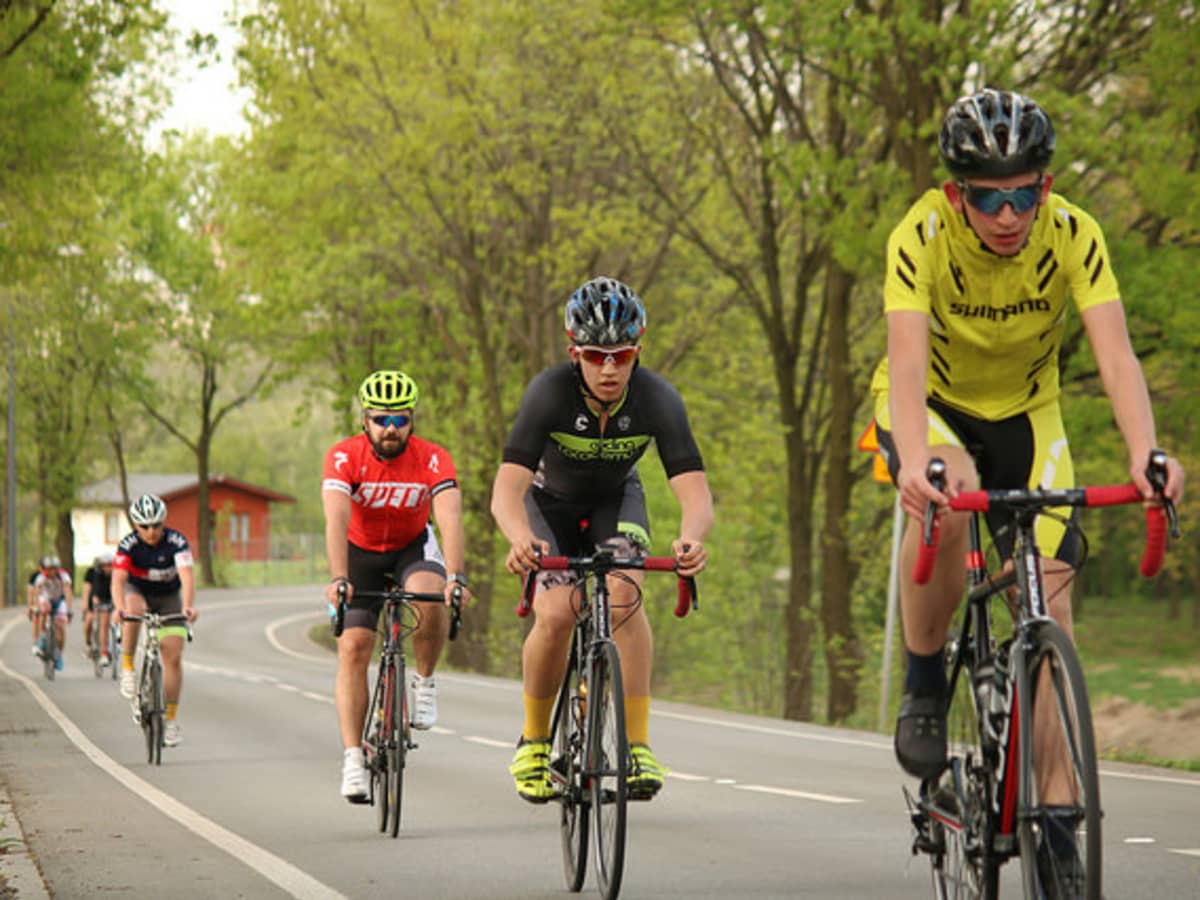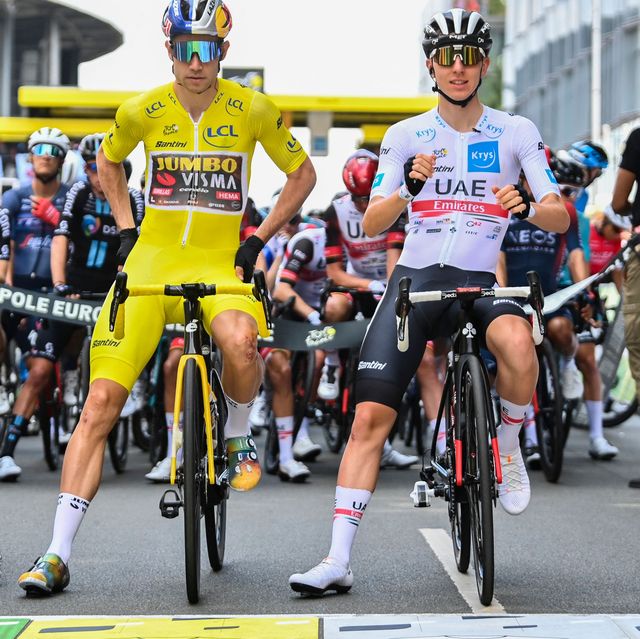I. Introduction

A. Importance of domestiques in professional cycling
Domestiques are an integral part of professional cycling teams, playing a crucial role in the success of their team leaders. Their selfless support and dedication contribute significantly to achieving team goals and overall race success.
B. Overview of the role and significance of domestiques
Domestiques are team players whose primary objective is to assist their team leaders during races. They undertake various responsibilities, such as supporting team leaders, assisting with drafting and pace-setting, and retrieving supplies. Their sacrifices and contributions are essential in maximizing the team’s performance and chances of victory.
II. The Role of Domestiques in Cycling
A. Definition and characteristics of a domestique
A domestique is a cyclist who sacrifices individual success for the benefit of their team. They are typically selfless, reliable, and possess strong teamwork skills. Domestiques understand their role is to support the team leader, even if it means sacrificing their own personal ambitions.
B. Responsibilities and tasks of domestiques

- Supporting team leaders: Domestiques provide crucial support to their team leaders during races, staying close by to assist and protect them. They shield their leaders from wind resistance by riding in front (drafting), allowing the leaders to conserve energy and maintain a better position within the race.
- Assisting with drafting and pace-setting: Domestiques play a vital role in setting the pace for the team, controlling the speed of the peloton, and helping to reel in breakaways. By maintaining a high pace or controlling the tempo, they create advantageous situations for their team leaders.
- Retrieving food and supplies during races: Domestiques collect bottles, food, and other supplies from team cars during races, ensuring their team leaders are properly nourished and hydrated. This saves time and energy for the leaders, allowing them to focus solely on their performance.
- Sacrificing personal success for the team’s benefit: Domestiques prioritize their team’s success over their individual ambitions. This may involve giving up personal opportunities for stage wins or overall classifications, placing the team’s objectives above their own.
III. Behind the Scenes: The Life of a Domestique
A. Physical and mental demands of being a domestique
- High levels of endurance and physical fitness: Domestiques undergo extensive training to develop high levels of endurance, allowing them to withstand the demands of long races and challenging terrains. They are capable of maintaining strong effort levels for extended periods.
- Mental resilience and selflessness: Domestiques must possess mental toughness and selflessness to successfully execute their role. They accept their supportive role without seeking personal glory, accepting the sacrifices that come with it.
B. Team dynamics and relationships
- The trust and camaraderie within a cycling team: Domestiques and their team leaders develop a close bond built on trust and camaraderie. They work harmoniously, sharing common goals and relying on each other to achieve success.
-
Communication and coordination during races: Effective communication and coordination are vital in enabling domestiques to fulfill their role efficiently during races. They rely on clear instructions from their team leaders and maintain effective communication with their teammates.
IV. Domestiques in Professional Races
A. Examples of notable domestiques in cycling history

Throughout cycling history, there have been numerous notable domestiques who have played pivotal roles in their teams’ success.
- Eddy Merckx and his domestiques: Eddy Merckx, arguably the greatest cyclist of all time, had a team of devoted domestiques who provided essential support. Riders like Jos De Schoenmaeker and Roger Swerts worked tirelessly to assist Merckx during his dominant racing career in the 1960s and 1970s.
- Lance Armstrong’s team of domestiques: Lance Armstrong, the seven-time Tour de France champion, had a formidable team of domestiques who played crucial roles in his victories. Riders like George Hincapie, Viatcheslav Ekimov, and Floyd Landis provided key support and contributed to Armstrong’s success.
B. Impact and importance of domestiques in race outcomes
Domestiques play a vital role in the outcomes of professional races, as they are instrumental in supporting their team leaders and shaping race strategies.
- Role in supporting team leaders to win races: Domestiques work selflessly to ensure their team leaders have everything they need to perform at their best. They protect them from wind, fetch water bottles, and provide timely nourishment during races. Without such support, team leaders may struggle to maintain their strength and competitive edge.
- Formation of strategies and tactics for team success: Domestiques contribute significantly to the development of race strategies. They provide valuable insights about the course, opponents, and conditions. With their help, teams can devise effective tactics, such as creating breakaways or controlling the pace, to maximize their chances of success.
V. Appreciating the Domestiques

A. Recognition and appreciation of the domestique’s efforts
It is essential to acknowledge and appreciate the selflessness and dedication exhibited by domestiques in their roles as support riders.
- Applauding their selflessness and dedication: Domestiques often put their own individual ambitions aside to support their team leaders. Their willingness to sacrifice personal glory for the benefit of the team is commendable and deserves recognition.
- Honoring domestiques for their contributions to team success: Domestiques’ efforts are crucial to the achievements of their teams. Their sacrifices and hard work directly contribute to the success and victories of the team as a whole.
B. Domestique success stories and individual achievements
- Domestiques transitioning into team leaders: Some domestiques have gone on to become team leaders themselves. These success stories highlight the skills and abilities these riders possess, beyond their supporting roles. Examples include riders like Geraint Thomas, who transitioned from being a domestique to winning the Tour de France in 2018.
- Celebrating domestiques’ accomplishments and victories: While domestiques may not always achieve individual successes, it is important to celebrate their achievements and victories along the way. Their contributions to race outcomes cannot be underestimated, and their accomplishments deserve recognition.
VI. Conclusion
Recognizing the importance of domestiques in professional cycling is crucial for understanding the dynamics and teamwork required to achieve success. Examples of renowned domestiques like those who supported Eddy Merckx or Lance Armstrong highlight their instrumental roles in the victories of their team leaders. Through their unwavering support and dedication, domestiques shape race outcomes and contribute to the success of their teams. Expressing appreciation and celebrating their efforts can foster a greater understanding and admiration for these unsung heroes of the peloton.

